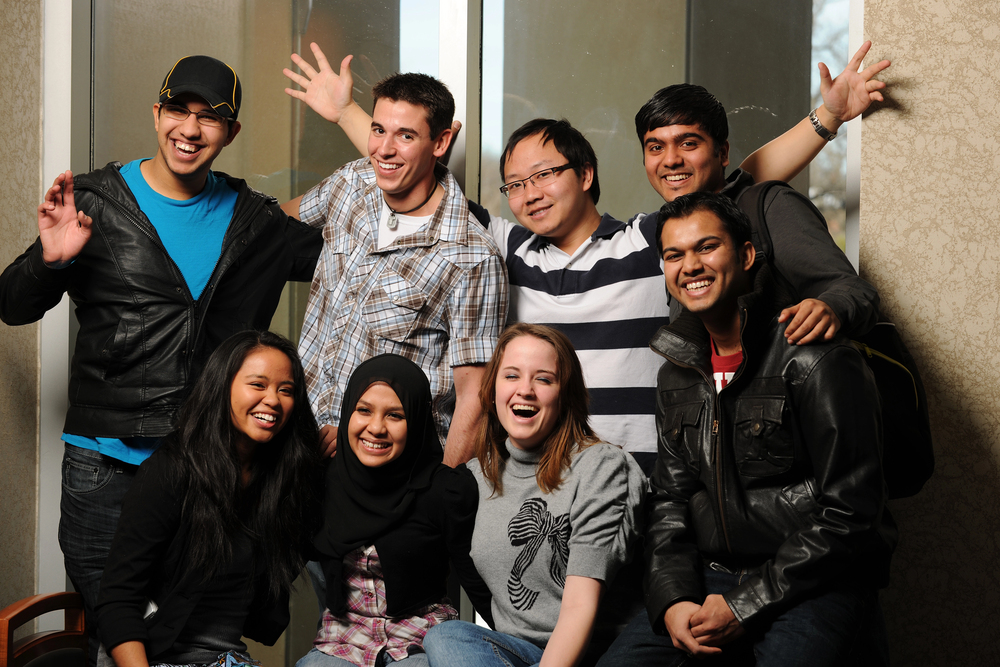
Religion has been a unifying force that has guided civilizations, cultures, and moral standards for millennia. Yet, in the fast-changing world of today, there is a clear trend: more individuals are moving away from institutional religion. From Gen Z and millennials to the elderly, spiritual identification is changing a change that is reshaping the way individuals perceive meaning, morality, and community.

1. More Access to Information in the Digital Age
One of the strongest forces leading to religious disaffiliation is the unparalleled access to information via the internet. Previously, religious beliefs tended to be inherited and supported by the local culture. Today, anyone with a smartphone can investigate a huge diversity of ideologies, world religions, historical criticisms, and scientific theories.
Forums online, podcasts, documentaries, and YouTube clips enable users to pose questions they might have been fearful of voicing in institutional religious circles. For a few, this is an introduction to alternative modes of thinking; for others, it instills doubt or curiosity that compels them to reconsider established perceptions.

2. Disillusionment with Religious Institutions
Faith in religious organizations has been lost for many because of public scandals, political activism, or hypocrisy. Public disclosure of cases of child abuse, financial abuse, and political lobbying by church leaders has left traumatic scars.
Even sincerely committed followers are at odds or feel betrayed when the behavior of their leaders is in opposition to the very central teachings of love, humility, and justice. Such increasing doubt isn’t merely about theology it’s about accountability and honor.

3. Science and Rational Thought on the Rise
Science has long offered competing explanations of phenomena once thought mystical. Evolution, the Big Bang, genetics, and neuroscience present evidence-based understanding of life and consciousness contradicting literal readings of religious scripture.
As educational levels increase across the world, particularly in developed and urban areas, individuals are progressively looking to reason and empirical evidence. While others reconcile science and religion, there are those who prefer science on its own as a more fulfilling answer to the large questions of life.

4. Increasing Aspirations for Individual Freedom and Autonomy
Religion tends to be accompanied by a set of established moral codes, behavior expectations, and social norms. They may be empowering for some but stifling for others. Especially in more conservative religions, people may be compelled to conform but in doing so give up their own authenticity.
Modern society highly values individual freedom, expression of identity, and self-determination. Most individuals would rather create their own ethical map than follow one that has been laid out for them, even if it involves distancing themselves from religious origins.

5. Changing Social Norms and Cultural Awareness
As our understanding of social justice, inclusivity, and human rights continues to deepen as a community, certain long-held religious positions specifically regarding LGBTQ+ rights, gender roles, and reproductive autonomy are being challenged.
If religious doctrine is viewed as judgmental or exclusionary, particularly among younger generations who are educated in more diverse contexts, then religious teachings can drive away more than they draw in. Individuals today desire belief systems that embody compassion and equality values sometimes perceived as lacking in institutionalized religion.

6. Dizzying Pace of Contemporary Life
Contemporary life is hectic and distracting. Between jobs, commutes, child care, electronic responsibilities, and social obligations, individuals have difficulty finding time for formal religious practices.
Unlike earlier generations for whom weekly worship was a community cornerstone, many now find spiritual moments in solitude, nature, or casual mindfulness practices rather than in formal services. Convenience and flexibility are key drivers of this spiritual shift.

7. Globalization and Exposure to Multiple Belief Systems
International travel, immigration, and multicultural media have exposed individuals to a wider range of beliefs and practices. This has caused many to come to understand that no one religion has a monopoly on truth or moral insight.
When they engage with individuals of other faiths or no faith at all then they tend to have a more pluralistic and less dogmatic spirituality. At times, they might opt to draw away from religion altogether, perceiving that it is only one of a number of equally valid approaches.

8. Increasing Emphasis on Mental Health and Emotional Well-being
In the olden days, individuals used to seek religion during times of trouble, loss, or personal adversity. Although that still applies to a few, mental health care has also become increasingly seen as an available source of assistance.
Therapy, self-help, and holistic wellness activities such as meditation or journaling are now contemporary methods of coping with life’s adversities. These methods are perceived as more flexible, less critical, and growth-oriented, thus becoming a more popular choice for many than hard-and-fast religious dogma.

9. A Shift Toward Being “Spiritual But Not Religious”
The decline in organized religion does not necessarily mean a decline in spirituality. In fact, a large number of people now identify as “spiritual but not religious.” They believe in a higher power or universal energy but reject rigid systems, rules, and labels.
This group often seeks inner peace, connection with nature, mindfulness, or cosmic harmony. They value personal spiritual experiences over collective rituals and prioritize intuition and experience over doctrine and tradition.


